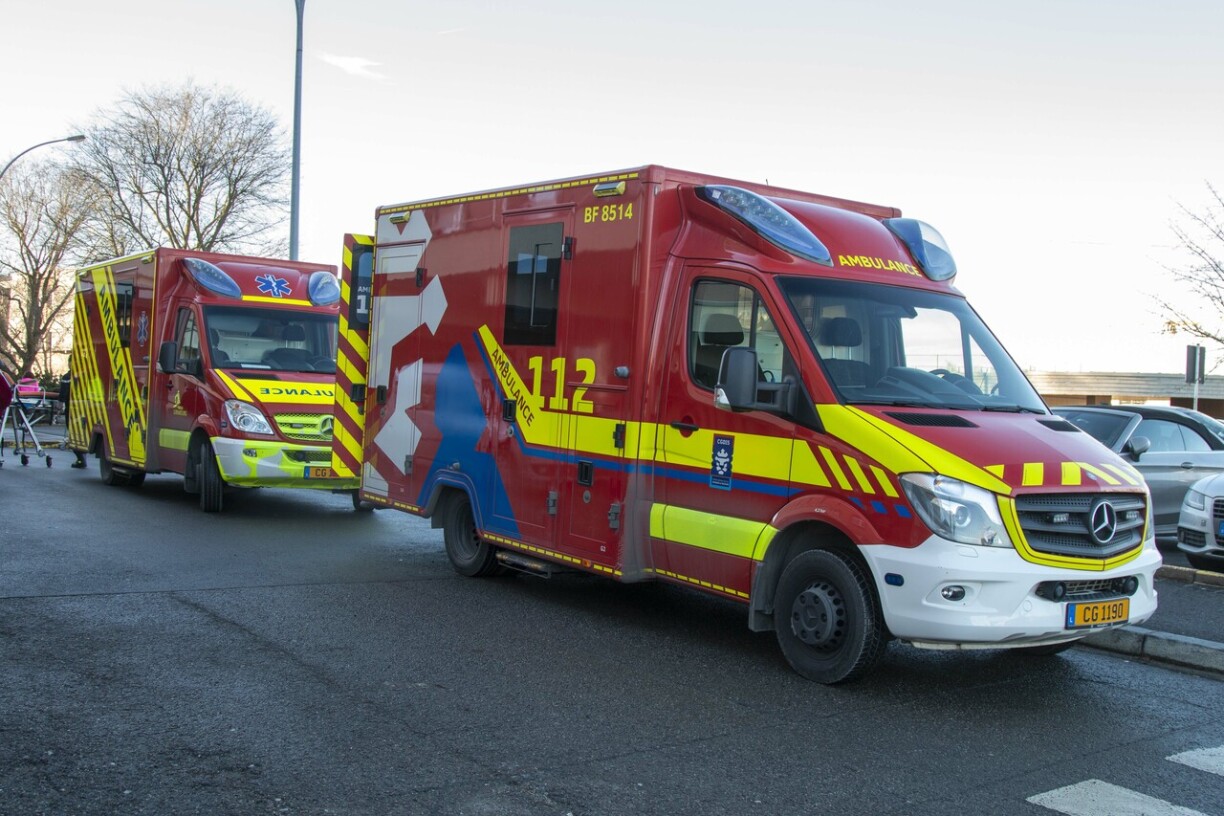
Interior minister Taina Bofferding and CGDIS (Grand Ducal Fire and Rescue Corps) Director Paul Schroeder discussed the role of muncipalities and that of the CGDIS in dealing with the coronavirus in Luxembourg.
Municipalities should continue to guarantee a proper-functioning and safe environment for their residents, Taina Bofferding said. Vital services including water, electricity, sewage and garbage should not come to a halt.
To ease the decision-taking process, the government has revised its text, handing more autonomy over to municipalities in these extraordinary times.
Local councils will now be able to hold meetings via video conferences, proxy votes will be permitted, and emergency sittings can take place in different locations without permission required from the government.
The interior ministry is available around the clock for all municipalities through a new phone number should they be in need of any help. The minister thanked all mayors around the country for their efforts.
Stay informed on the latest coronavirus stories from around the world.
Director Paul Schroeder of the CGDIS explained that day-to-day operations will continue, but numerous measures have been taken to prepare for what may come. The CGDIS is monitoring the available beds at hospitals and expects an increase in hospital patient transfers. The 112 team is well-equipped and plenty of staff is available. The hotline put in place earlier this month has received over 24,000 calls.
A fifth SAMU emergency response team has been established at Findel airport, which will work together with Luxembourg’s Air Rescue. Hesperange and Findel now have two SAMU teams that will be able to ease the pressure on hospitals.
There are also new rules for ambulances: a third individual will be joining in the ambulance instead of the usual two. No passengers are allowed in ambulances anymore, apart from parents accompanying minors.
On a positive note, Schroeder expects a decrease in numerous accidents that tend to take place on a normal working day. Bofferding noted earlier that domestic accidents are expected to increase.
CGDIS staff are of course also being tested for the virus. 31 individuals are affected, but this is only a tiny percentage of all available volunteers and workers. Most are administrative employees.
Schroeder explained that closed borders, such as the crossing between Remich and Perl, means that ambulances need to make detours to get to a place of accident. This means slower response times.
Nevertheless cross-border teams are working closely and joint operations can continue safely. Staff are wearing protective suits and masks, and there are plenty of medical supplies available.